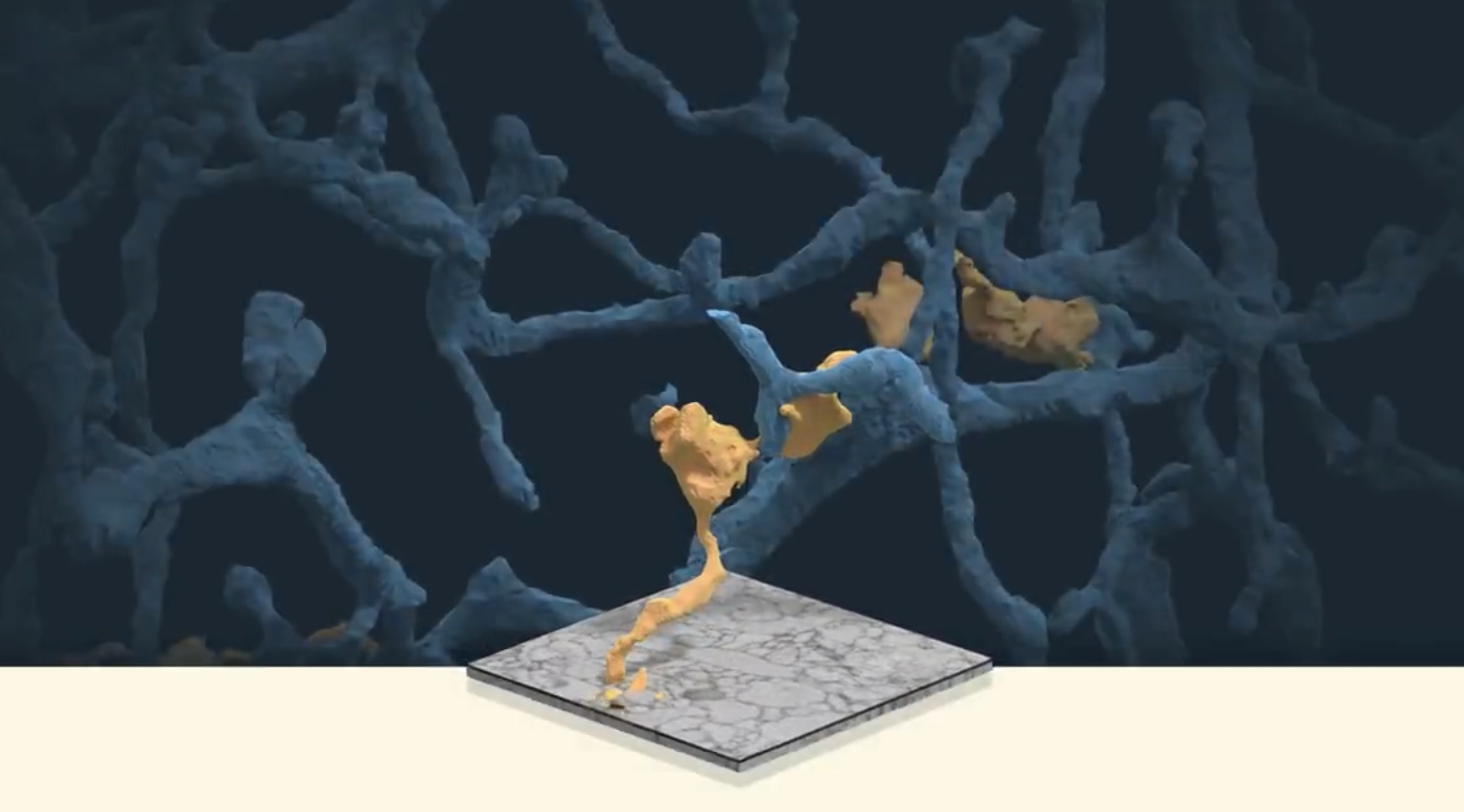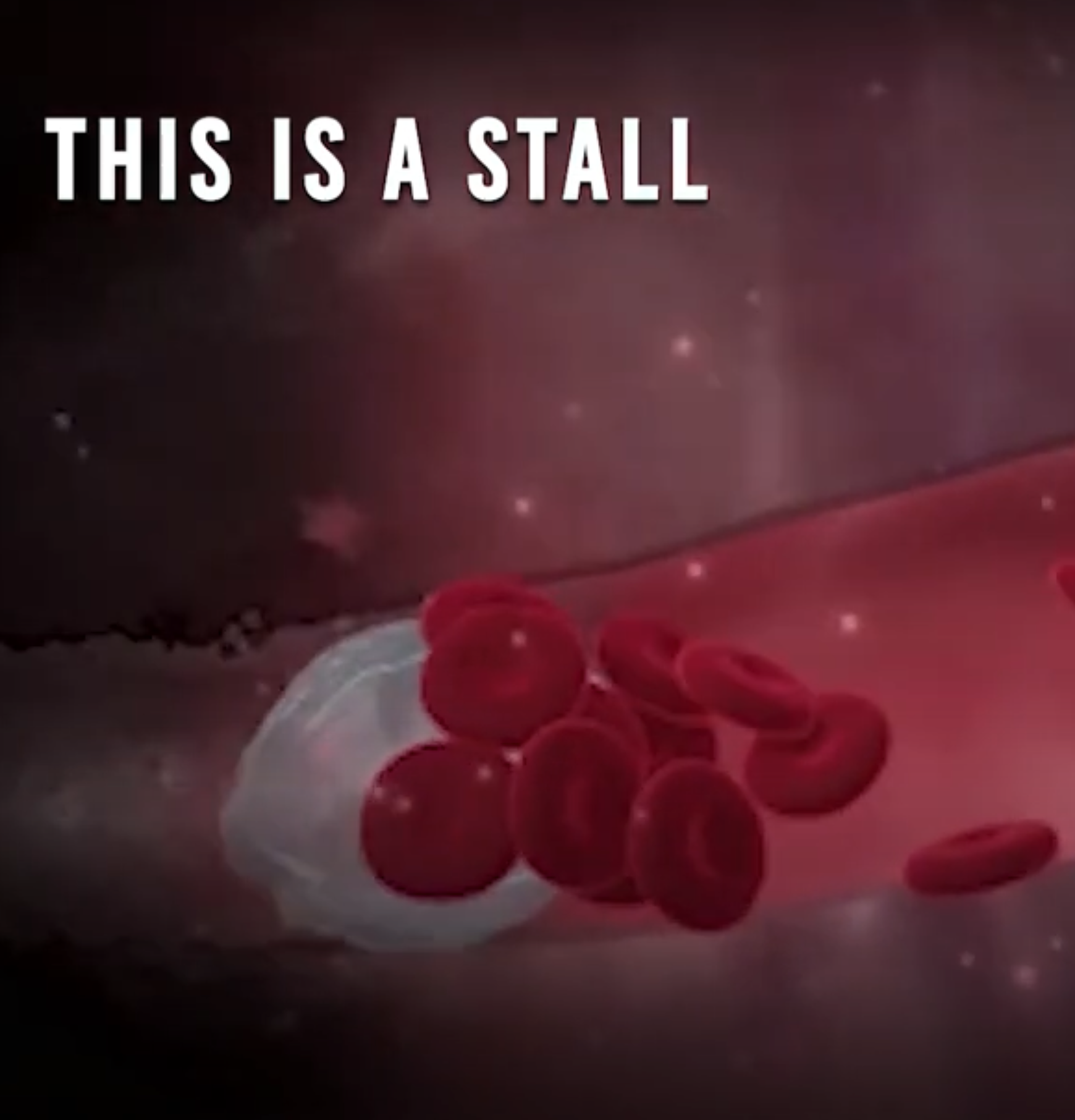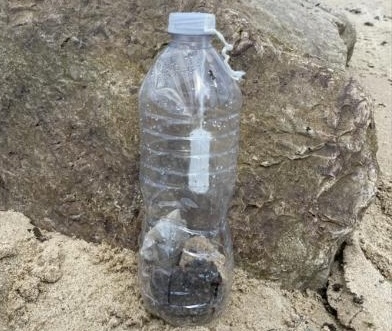
Keeping people healthy also means keeping our environment free of pollutants and limiting our exposure to disease-causing microbes. In this issue of the SciStarter newsletter, we highlight projects that need your help researching and improving human and environmental health. Try one or all of them this month, as we commemorate Alzheimer’s Awareness Month, Pollution Prevention Week (Sept. 15th-21st), World Water Monitoring Day (September 18th) and National Eye Health Week (September 23rd-29th).

The eyes have it

Do you enjoy puzzles? Video games? Unlocking the network architecture and dynamics of brain cells? So do we! Which is why we love Eyewire, the fun game in which you look for connections between nerve cells that even the most advanced Artificial Intelligence programs have trouble spotting. Eyewire players have already charted never-before-known circuits and discovered six new types of neurons.
Clean up our oceans

EarthEcho aims to inspire youth to protect and restore the ocean environment. Their Water Challenge project provides the tools and training to conduct water quality testing, and share the results through a global database, monitorwater.org.
Advance Alzheimers research

One symptom of Alzheimer’s Disease is blockages in tiny blood vessels in the brain. In Stall Catchers, you’ll help advance research into Alzheimer’s Disease through a video-based online challenge where you’ll identify these blockages, or “stalls”, in videos of mouse brains. Your work, which is really more like play, could help scientists discover new treatments for this devastating illness.
Tampon-based stream monitoring

A cotton tampon, an old water bottle and a black light flashlight are all that are required to detect potentially dangerous pollution in streams. Secured inside open-ended water bottles and placed in waterways, the tampons collect chemicals known as “optical brighteners” used in laundry detergent and toothpaste. Their presence means that the stream has been contaminated by a sewage leak. By participating in Tampling: Optical Brightener Water Quality Sampling, students or other community members can check their local waterways for sewage, and report their findings to health and environment authorities.
Upcoming SciStarter LIVE dates
September 10th – Learn to Observe the moon with NASA (LIVE Replay)! This week on SciStarter LIVE, we revisit our celebration of International Observe the Moon Night 2023 with NASA’s Caela Barry. Get ready for 2024’s event on September 14th by learning how to #ObserveTheMoon from home and explore exciting citizen science projects that will take you to the stars! Watch now on Youtube.
*NEW* For 14 years, NASA’s Moon Maps have identified spectacular viewing targets on the Moon. Now, NASA is excited to introduce the interactive Moon Map. Click on each lunar feature for more information and close-ups. And don’t worry, NASA still has downloadable and printable Moon Maps for your events.
September 17th – Play a game with us to Accelerate Alzheimer’s Research! Join us on SciStarter LIVE for a live-streamed webinar during Alzheimer’s Awareness Month to play Stall Catchers—a video game where every click during this month-long challenge helps analyze crucial data to accelerate Alzheimer’s research! Register.
September 24th – Map Fungal Diversity with FUNDIS: Contribute, Learn, and Protect North America’s Fungi! Join us to explore how you can contribute to FUNDIS, help document fungal diversity across North America, and receive expert feedback on your observations. All in preparation for Mushroom Day on October 15th.
Check out our Interactive Calendars at SciStarter.org/Calendar.


